Activists seek sharper development focus at WTO
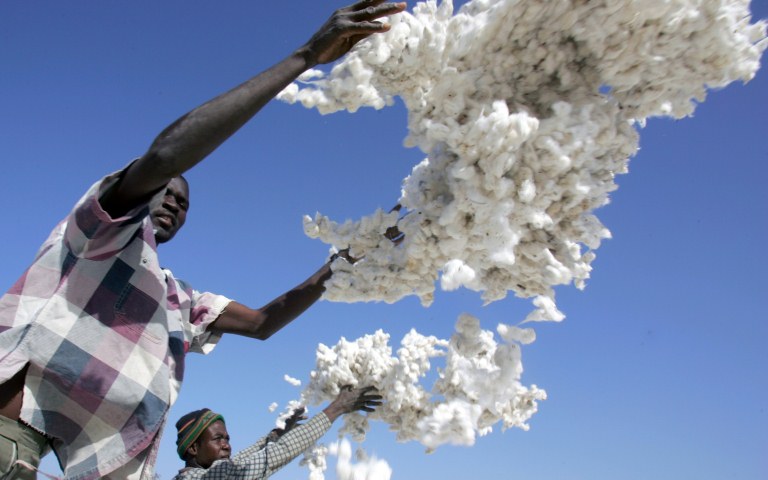
Campaigners working for the reform of the world’s trading system have lambasted the World Trade Organisation (WTO) for its failure to act on urgent development issues.
With the Doha trade talks on lowering trade barriers stalled since 2008, they urged participants at the three-day ministerial conference of the WTO that ends in Geneva on Saturday to refocus on issues like how to feed the world’s poor.
In a public row, Olivier De Schutter, the United Nation’s expert on the right to food, accused WTO chief Pascal Lamy on Friday of advocating a trade-centric approach “that has failed spectacularly”.
De Schutter, a Harvard-educated lawyer based at the University of Louvain in Belgium, said food bills in the poorest countries rose as much as six-fold from 1992 to 2008.
“This year alone the food bills of Least Developed Countries (LDCs) soared by one third,” he said in a press statement. “These countries are caught in a vicious cycle. The more they are told to rely on trade, the less they invest in domestic agriculture. And the less they support their own farmers, the more they have to rely on trade.”
De Schutter suggests higher customs tariffs, temporary import restrictions and agricultural subsidies to help poor countries improve their food security and cope with crises.
Lamy rejected a report prepared by De Schutter, which argued that international trade and WTO rules can conflict with food security.
Limiting food trade to safeguard domestic needs risks driving prices up even higher and “exacerbating the negative impacts on poor consumers”, said the WTO chief.
“Unfortunately, the open markets demanded by Mr Lamy do not function as perfectly as he would like to think,” replied De Schutter. “Food moves where purchasing power is highest, not where needs are most urgent.”
“Room for manoeuvre”
Isolda Agazzi, from the Swiss NGO Alliance Sud, said LDCs needed “room for manoeuvre” to adopt necessary trade measures to cope with food crises, such as raising customs tariffs to protect against surges in imports of cheap rice.
“Otherwise small rice producers risk losing their livelihoods,” she told swissinfo.ch
Ahead of the Geneva conference ministers had undertaken to improve the integration of developing countries, particularly LDCs, into the multilateral trading system and to ensure their interests were given priority.
They had also agreed to ambitious talks on cotton within on-going negotiations about agriculture and had promised to maintain trade support levels for poor countries beyond 2011.
But NGOs criticised the lack of progress on development.
“Oxfam is extremely disappointed with the failure of the multilateral trading system to reform,” said Stephan Hale, director of Oxfam’s development programme. “Ten years ago in Doha WTO members committed to launching a development round for a fairer trade system. Over the past ten years the richest countries have blocked all reforms.”
Last chance
Agazzi said poor countries were still clinging onto hopes that Doha was still alive, as the current impasse meant they “risked losing everything”.
“LDCs are really keen to continue with the Doha Round as this is their last opportunity to discuss things like agriculture subsidies and access to markets in industrial countries,” she explained.
Hale attacked industrial countries for their “bad faith” over the past few months in failing to come up with even a so-called “early harvest” package of basic agreements to include cotton and duty-free access to industrial markets for LDCs, despite having promised to do so at a conference in Hong Kong back in 2005.
This week China and the US unveiled packages of aid for Africa’s “Cotton Four”: Mali, Benin, Chad and Burkina Faso. The US package included $16 million over four years, while the Chinese deal talked about $20 million over three years.
But Oxfam policy advisor Romain Benicchio criticized the US offer as largely a “face-saving public relations gesture” by the world’s biggest cotton exporter.
Oblique finger pointing
Meanwhile, the US and China indirectly blamed each other for the Doha deadlock.
US Trade Representative Ron Kirk said the current impasse was down to “one single, vexing quandary: the WTO has not come to terms over core questions of shared responsibilities among its biggest and most successful members”.
China’s Commerce Minister Chen Deming suggested the negotiations were being held up by US politics and could be resumed after the presidential and congressional elections next year.
On Wednesday, just ahead of the conference, China slapped anti-dumping duties on US exports of large cars and SUVs, viewed as the latest volley in a trade war with the US. Chen said the duties conformed to WTO rules and were not protectionist, adding that anyone who thought they were could use the WTO system to challenge them.
“The multilateral trade system cannot work without China and the US agreeing somewhere,” Lamy told a panel discussion on Friday. “I hope both realise that of the various options cooperation has a greater benefit than doing things in a piecemeal fashion.”
Founded in 1995 on the basis of the General Agreement on Tariffs and Trade (Gatt) and with a membership of 153, the World Trade Organization (WTO) regulates trade relations between nations. It is the keystone of the legal and institutional multilateral trading system. It has an annual budget of SFr196 million.
In particular, it is a forum where existing agreements are developed and new agreements on international trade law are negotiated.
Launched in 2001, the Doha Round addresses about 20 issues. Among them, trade, agriculture, industrial goods, services, strengthening of WTO rules, trade and the environment, and the development or protection of intellectual property.
But ten years later it remains deadlocked, as major trading nations such as Brazil, China and the United States stay divided on key issues, and governments are reluctant to make trade concessions in the current economic climate.
The Eighth Ministerial Conference runs in Geneva from December 15-17. In parallel to the plenary session, where ministers make prepared statements, three working sessions are taking place – on “Importance of the multilateral trading system and the WTO”, “Trade and development” and “Doha Development Agenda”.
Russia was admitted into the WTO on Friday after 18 years of negotiation, finally binding it into the global economy two decades after the Soviet Union collapsed. Membership still has to be ratified by the Russian parliament.
The conference admitted Samoa and Montenegro on Saturday.

In compliance with the JTI standards
More: SWI swissinfo.ch certified by the Journalism Trust Initiative

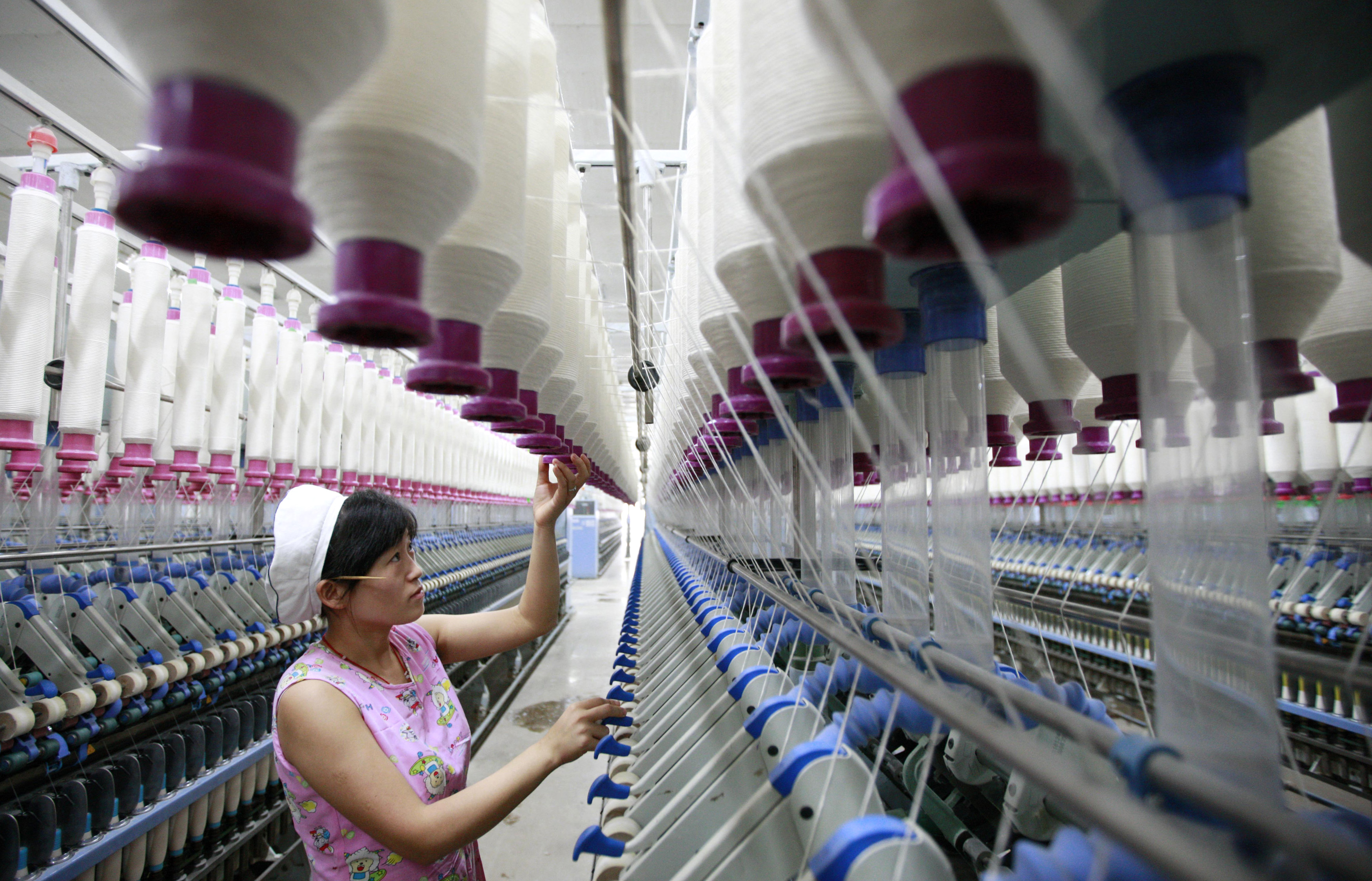
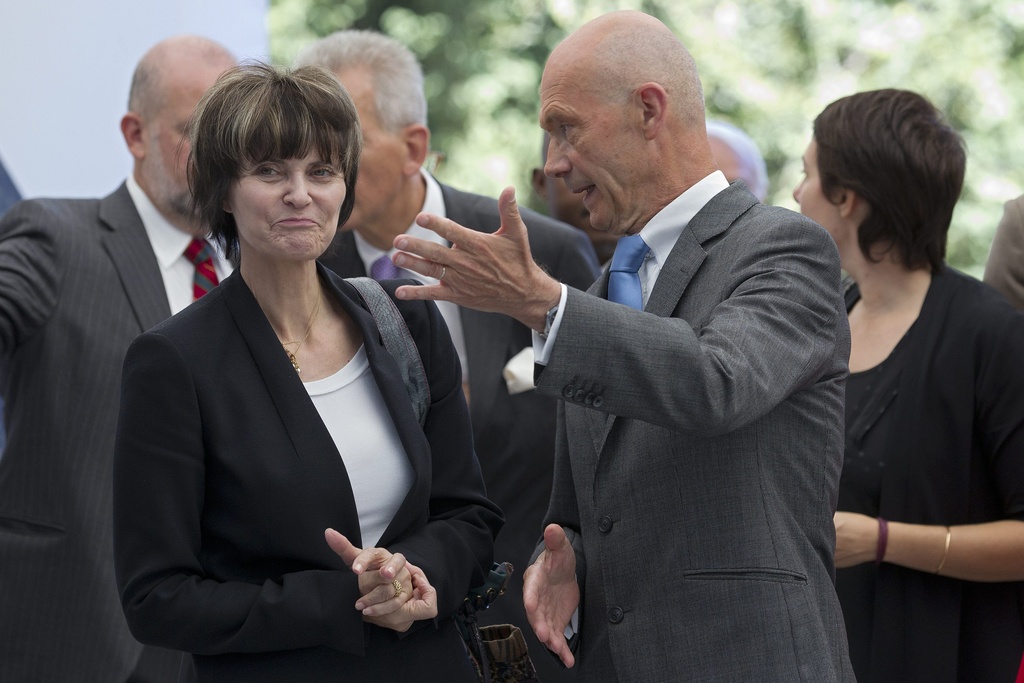
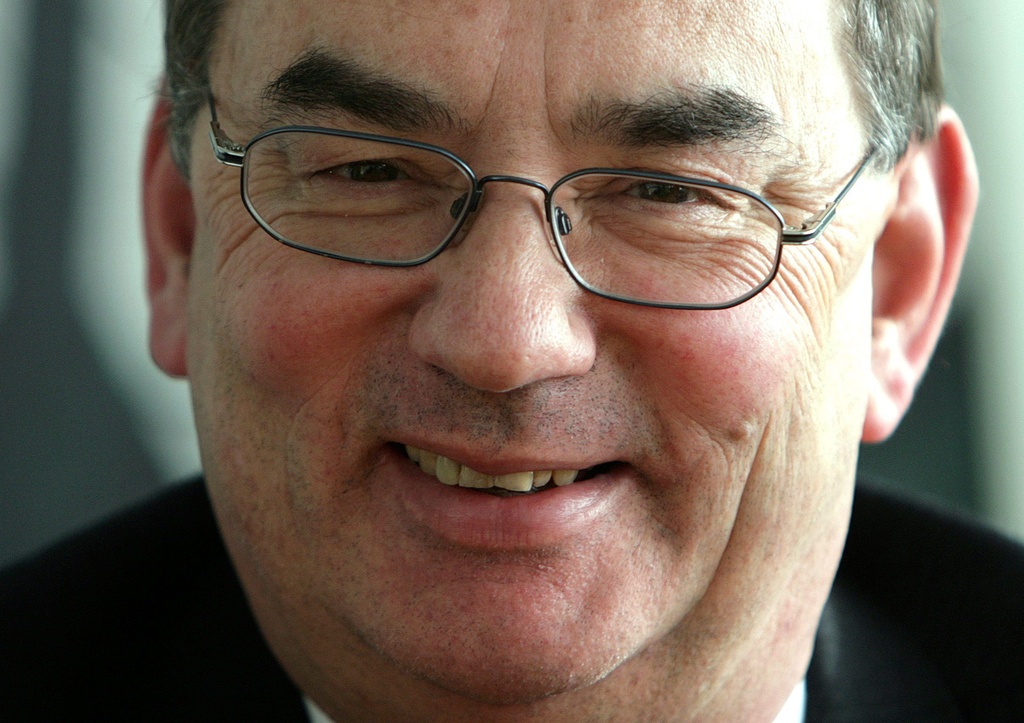
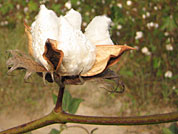
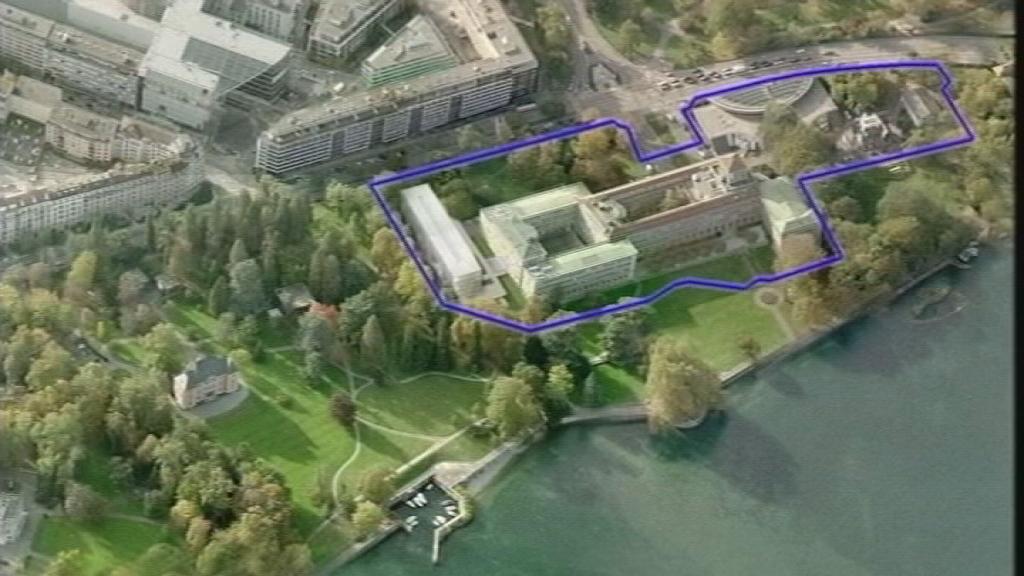
You can find an overview of ongoing debates with our journalists here. Please join us!
If you want to start a conversation about a topic raised in this article or want to report factual errors, email us at english@swissinfo.ch.